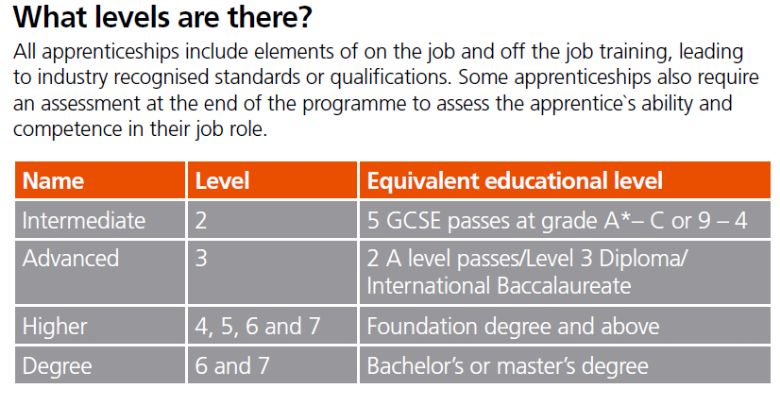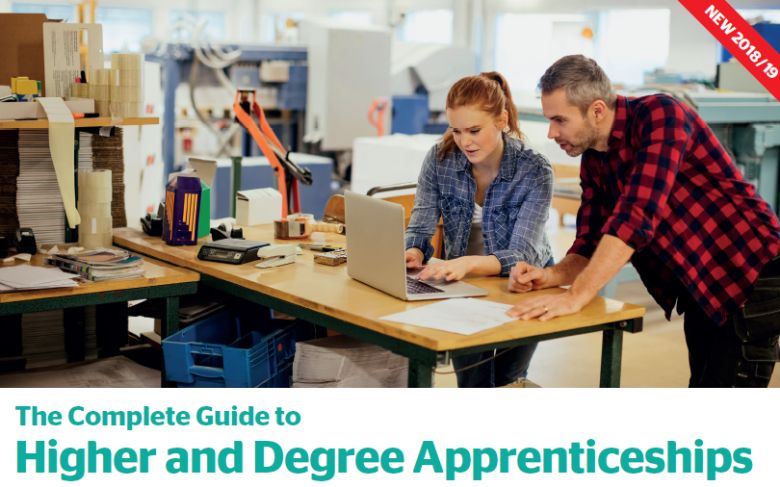Preparation for Employment
It is the College’s objective to provide a stable programme to prepare young people for the opportunities, responsibilities and experiences of later life. It is our aim to provide inspiring careers and enterprise activities in a stable careers programme which improves motivation, attendance and attainment.
A stable careers programme enables young people to make well-informed decisions about education, training, apprenticeship and employment opportunities.
It also helps them cope with challenging labour market conditions. We know that young people are three times more likely than adults to be unemployed.
In 2014, Lord Sainsbury’s Gatsby Charitable Foundation published a report by Professor Sir John Holman, Adviser in Education at the Gatsby Foundation, titled “Good Career Guidance.” With support from Sixth Form staff, a comprehensive calendar of events and help from local businesses, we are able to work towards the eight benchmarks identified in this report that are the core dimensions of good careers and enterprise provision in schools:
1. A stable careers programme
Every school and college should have an embedded programme of career education and guidance that is known and understood by pupils, parents, teachers, governors and employers
2. Learning from career and labour market information
Every pupil, and their parents, should have access to good quality information about future study options and labour market opportunities. They will need the support of an informed adviser to make best use of available information.
3. Addressing the needs of each pupil
Pupils have different career guidance needs at different stages. Opportunities for advice and support need to be tailored to the needs of each pupil. A school’s careers programme should embed equality and diversity considerations throughout.
4. Linking curriculum learning to careers
All teachers should link curriculum learning with careers. STEM subject teachers should highlight the relevance of STEM subjects for a wide range of future career paths.
5. Encounters with employers and employees
Every pupil should have multiple opportunities to learn from employers about work, employment and the skills that are valued in the workplace. This can be through a range of enrichment activities including visiting speakers, mentoring and enterprise schemes.
6. Experiences of workplaces
Every pupil should have first-hand experiences of the workplace through work visits, work shadowing and/or work experience to help their exploration of career opportunities, and expand their networks.
7. Encounters with further and higher education
All pupils should understand the full range of learning opportunities that are available to them. This includes both academic and vocational routes and learning in schools, colleges, universities and in the workplace.
8. Personal guidance.
Every pupil should have opportunities for guidance interviews with a career adviser, who could be internal (a member of school staff) or external, provided they are trained to an appropriate level. These should be available whenever significant study or career choices are being made. They should be expected for all pupils but should be timed to meet their individual needs.




